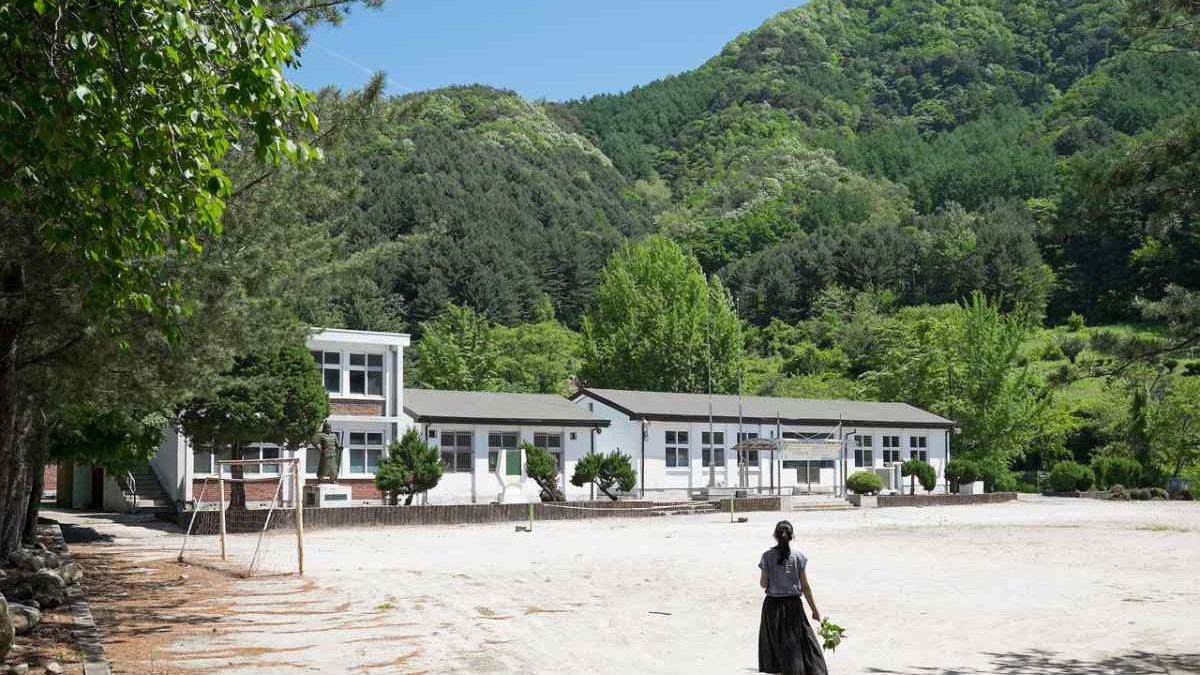The private schools in Limassol introduce the principles of sustainable development into the schooling process; indeed, they understand that environmental education will contribute to the formation of a conscious and responsible generation. It is worth observing the action programs and the impacts of such initiatives at the schools on their students and the community.
Orientation to the principles of sustainable development ensures that, in learning, a child gets ready to solve environmental protection and make informed choices. This kind of teaching, across disciplines and green themes, constructs systems thinking and the understanding of the relations between human activity and the state of the planet. It empowers a student with knowledge and skills to chart a sustainable future.
Table of Contents
Importance of Sustainability in Education
International school Limassol recognizes the importance of integrating the principles of sustainable development into the sustainability education process. This allows:
- To prepare environmentally conscious citizens capable of making responsible decisions and making positive changes in the world;
- To develop in students systemic thinking and understanding of the relationships between human activity and the state of the planet;
- It benefits students and the local nature community by raising awareness and stimulating environmental initiatives.
Therefore, there is a good grounding in the idea that sustainable development, integrated with principles into school education, contributes to academic growth and the formation of essential values and skills in Limassol students.
Sustainability Initiatives in Limassol Private Schools
Schools implement a variety of projects and programs aimed at promoting sustainable development:
- Eco-clubs and green projects: Students come together to plan and implement environmental initiatives, such as creating school gardens, organizing clean-up events, and conducting awareness campaigns.
- Recycling and waste management programs: separate waste collection and composting systems are being introduced, and educational campaigns are being conducted on reducing consumption.
- Partnerships with environmental organizations: Schools collaborate with local and international experts, participate in joint ecology projects and campaigns, and enrich environmental education.
These initiatives are turning schools into centers of environmental education and innovation, where students gain theoretical knowledge and practical experience in caring for the environment.
Case Studies
Many private schools in Limassol have achieved impressive results in promoting sustainable development:
- Creation of an ecological garden where students learn the principles of permaculture and grow organic food for the school cafeteria;
- Eliminating single-use plastic items and switching to reusable alternatives;
- Organizing an annual eco-festival that attracts hundreds of participants and raises awareness in the city.
These initiatives impact activities students, their families, and their friends, creating a more environmentally conscious community.
Conclusion: Green Education: Building a Sustainable Future for the Next Generation
Therefore, the Limassol private schools take the lead in preparing for this future generation by investing in sustainability education practices. This is where students develop their critical thinking skills and solve problems in real-life situations related to environmental challenges. The students come from such green schools as great professionals and, last but not least, outstanding citizens who are well-prepared for responsible decisions and value-creation change.

